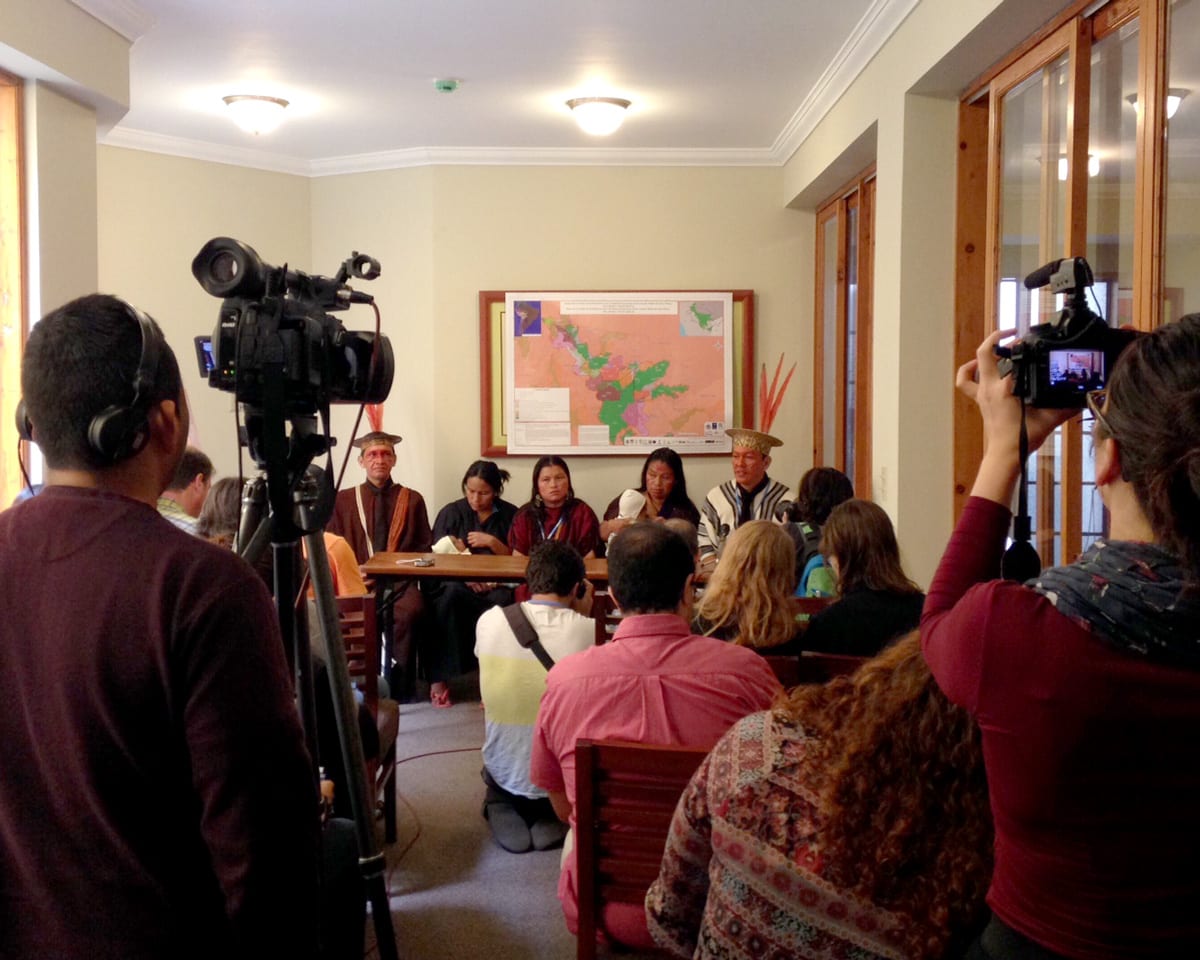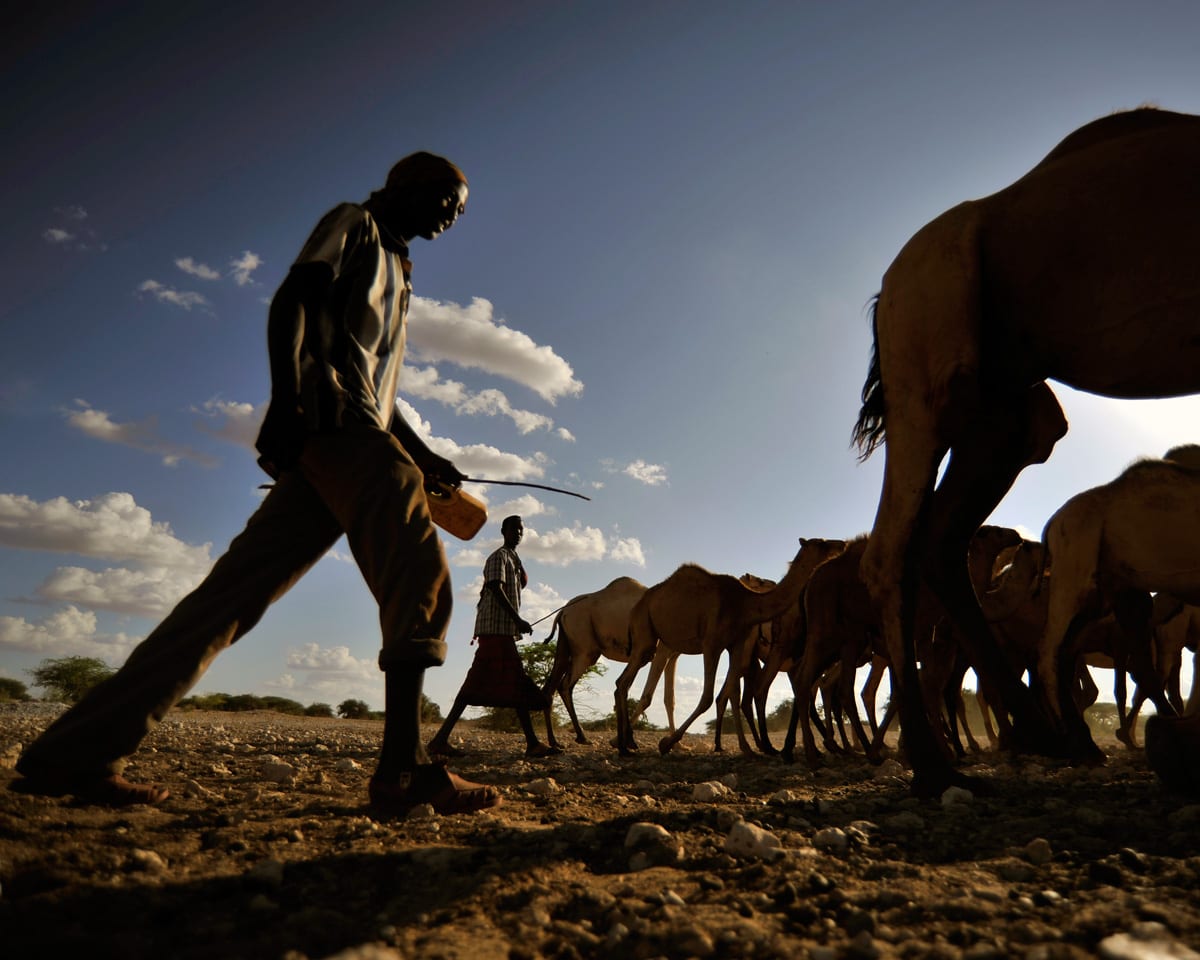Global Work

In Wake of Leaders’ Murders, Fighting for Land Title—and Justice—for Indigenous Ashéninka in Peru
Work with the Ford Foundation
In September of 2014, just before thousands of politicians and climate activists flooded the streets of New York for the United Nations Climate Summit, four indigenous leaders were shot to death by illegal loggers in the Ucayali region of Peru’s Amazon Rainforest.
Indigenous partners in Peru contacted Burness via Facebook to help spread the word about this tragedy, the latest in a string of attacks on environmental defenders in tropical forest regions.

Reducing the Vulnerability of Our Global Food Supply
Work with the International Center for Tropical Agriculture (CIAT)
Global conversations on food security have focused for decades on the quantity of food. More recently, the dialogue has come to include the importance of quality and diversity, addressing micronutrient deficiencies and non-communicable diseases related to obesity, alongside persistent hunger. Over the past 50 years, nutritionally rich traditional and local foods around the world have been replaced with staple commodities like wheat, rice, maize and potatoes. While this change has helped feed the world, it has contributed to more homogenized diets, which may be accelerating the worldwide rise in obesity, heart disease and diabetes.

Protecting African Herders from Harsh Weather
Work with the International Livestock Research Institute
In the pastoral societies of East Africa, life for millions of people revolves around livestock. And when harsh weather arrives and animals perish, lives are ruined. Yet providing insurance against livestock loss in the region faces multiple challenges.

Introducing Journalists to World’s Forest Guardians
Work with the World Resources Institute and the Rights and Resources Initiative
The world's forests are being destroyed at a rate of 50 soccer fields every minute, accounting for 11 percent of global carbon dioxide emissions. A solution exists that is both cost-effective and available: deforestation rates are dramatically lower in forests where governments actively enforce the rights of indigenous peoples and local communities over their land.